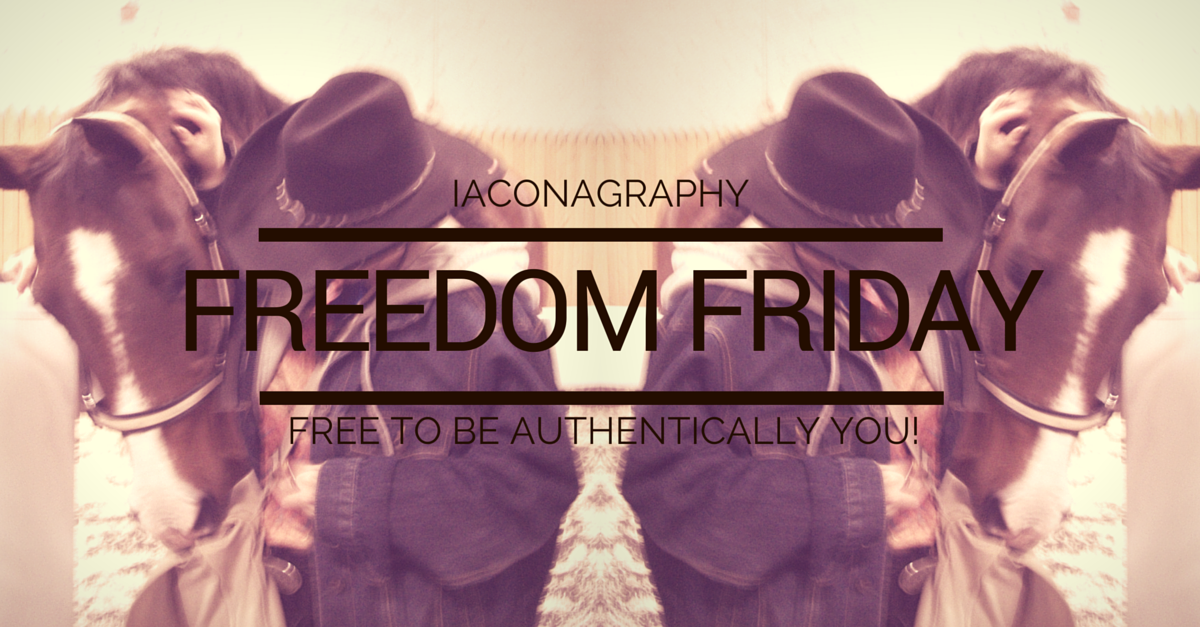Put Down Your Seax And Pick Up Your Heart: The Real Meaning of a Warrior Mentality (Part Two)

The lame ride horses, herds are driven by the handless,
The deaf earn glory and show prowess;
To be blind is better than to be burned,
A corpse is good for nothing.–Havamal 71, Translation Mine
The first key to living as a modern warrior is mindfulness; the second key is determination. Whether we wish to consider ourselves warriors or not, we all have to live in this world. Living in the world means facing hardships: things are not always going to go the way you planned them; disasters and accidents happen. Perhaps you’re living with a chronic disability, either physical or mental? Facing down these things, and surmounting them requires determination daily.
A warrior does not give up. Whatever you are dealing with, if you will take a really long, hard look at the world around you, I guarantee you can find someone, somewhere, who has endured even worse. Yet they survived, and came through on the other side of whatever it is stronger, wiser, and more grateful. So can you. We humans have a very nasty habit of wallowing in the bad situations in our lives and shaking our fists skyward while moaning “why me?” The answer to that question is yet another question: “why not you?” The Gods have endured worse things by far; what makes us think we’re better than Them? That we deserve more?
Hardships breed strength in us. You can either push through things in your life, or you can lie down. Warriors don’t lie down! One of the reasons we look at people such as the athletes in the Paralympics and think “there goes a real hero” is because somewhere, deep down, we understand that these people have pushed through, instead of lying down. They are warriors. They have surmounted sometimes terrifying odds in order to become stronger, faster, and more skilled than even many “able-bodied” people. I personally push through every day: before I got here, I was a very athletic person, with a lifelong practice as a martial artist; now I live with Michelle’s psoriasis and psoriatic arthritis, but it does not stop me! Instead, it has caused me to celebrate even the smallest of triumphs, learn to set a pace, and really focus on those things at which I am the most skilled. Normal household chores have become decathlons, but often, I win. I may not be as fast as other people at doing some things, but I get them done. My former martial arts bravado might be a thing of the past, but now I have time to write a book and make art. Pushing through often demands the strength of mountains–that strength best represented in the Norse Tradition by the Goddess Thrudh, daughter of Thor–but it is demanded of the true warrior. Anything else is lip-service.
Hardships breed wisdom in us. Every single thing that you are tasked to endure is an opportunity to learn. If nothing ever happened to you, life would be pretty boring, wouldn’t it? You would never have the opportunity to gain knowledge through experience. Yet often, when we pray, we say things like “please don’t let anything happen to so-and-so”. When we say things like that, what we specifically mean is “please don’t let anything bad happen”, but that isn’t generally what we actually say. One of the best examples of what I’m speaking of here can be found in the Disney film, Finding Nemo. The entire story centers around the father fish, Marlin, who constantly says, over and over: “Please don’t let anything happen to Nemo,” the young fish who is his son. Eventually, it is Dory, a fish who everyone underestimates because of her mental disabilities, who teaches the truth to Marlin: “Well, you can’t never let anything happen to him. Then nothing would ever happen to him. That wouldn’t be much fun for little Nemo, now, would it?” Throughout the course of the film, things steadily happen to little Nemo, and he consequently comes out on the other side of the adventure knowing far more about the world than he did at the beginning of his journey.
Hardships make us more grateful. Gratitude might seem like an odd thing to bring up in a discussion about becoming a modern warrior or understanding warrior mentality, but it was one of the linchpins of Norse society, and has come down to us in the modern era as the simple statement “a gift for a gift“. In our modern world, we tend to think of warriors as those who exchange blow for blow, rather than handing out presents! This is a profoundly limited view of what it truly means to be a warrior, and evidences a level of romanticized machismo that really has zero place in our modern world. The thing is: it also had zero place in the ancient world, or even in the world, period. Throughout history, we have had words for those who focused solely on such violence as a way of life: we have called them tyrants, bullies, monsters, savages, and brutes. The phrase “a gift for a gift” actually comes down to us from Havamal 42:
A friend shall prove himself a friend
And repay gift with gift;
Laughter with laughing takes hold of a house
But falseness with lies.–Havamal 42, Translation Mine
In modern society, we readily recognize friend as the opposite of enemy, therefore a person who repays gift with gift is understood as the opposite of a tyrant, bully, monster, savage, or brute. Such gratitude exhibits humility in us; hardships also keep us humble. When bad things happen to us, they make us more grateful for the good things in our lives, hence “hardships make us grateful”. The humility bred in us by that gratitude is why a grateful heart is necessary to the modern warrior.
A warrior does not give in. The Havamal tells us: “It is better to be blind than to be burned, for a corpse is good for nothing”. This is given in the original language as nýtr manngi nás: “enjoys no one a corpse”; nobody enjoys a corpse. Why does no one enjoy a corpse? The answer to that goes far deeper than “the gross out”, as we might encounter in a book by Stephen King, or even matters of grief. The truth is, no one enjoys a corpse because all it does is lie there! Corpses don’t do anything, except take up space. If you aren’t doing anything—going along with the crowd, “minding your own business“, and “trying not to rock the boat“–then you are no more useful than a corpse!
Warriors stand out and stand up in a crowd. Often, this requires tremendous reserves of inner strength. It is much easier to go through life blending in and “flying under the radar”, but to live that way is to live a useless life. If you have zero desire to set yourself apart as an individual, you are literally wasting space. You are also wasting time, and wasting opportunity. True warriors waste none of those things.
Warriors are mindful of their community. As we established in the first post of this series, without respecting what is good for the community, as well as one’s own self, one is not a warrior, one is a bully! Moral rightness ultimately means being willing and able to work to put forth more positivity in the world than negativity; being willing to speak up and act out on the behalf of those who may be weaker than ourselves in some capacity, for their betterment, as well as our own. Because, ultimately, the only way to clean up a crappy world is to make it far less crappy!
Warriors rock the boat. They shake up the status quo; they refuse to “leave well enough alone”. They want to make “well enough” better, instead. A true warrior is more concerned with making things right, than with winning popularity contests. Challenging the majority in such a way requires bravery.
The true warrior couples mindfulness with determination, and practices self-control in order to act selflessly. We’ll explore how that works in next week’s blog post:
Put Down Your Seax And Pick Up Your Heart: The Real Meaning of a Warrior Mentality (Part Three)



